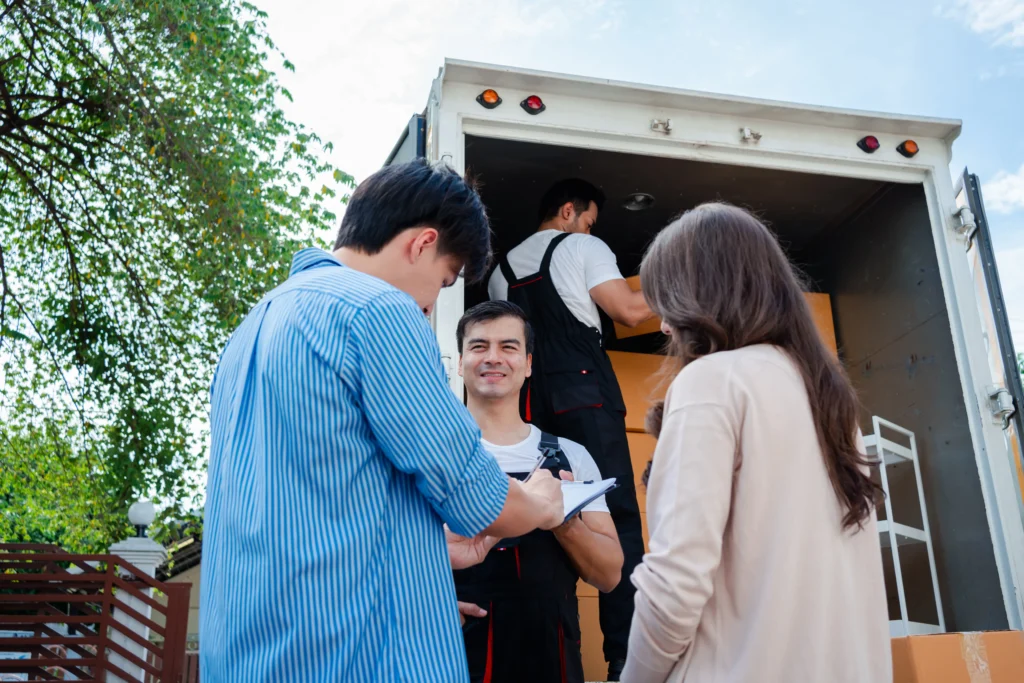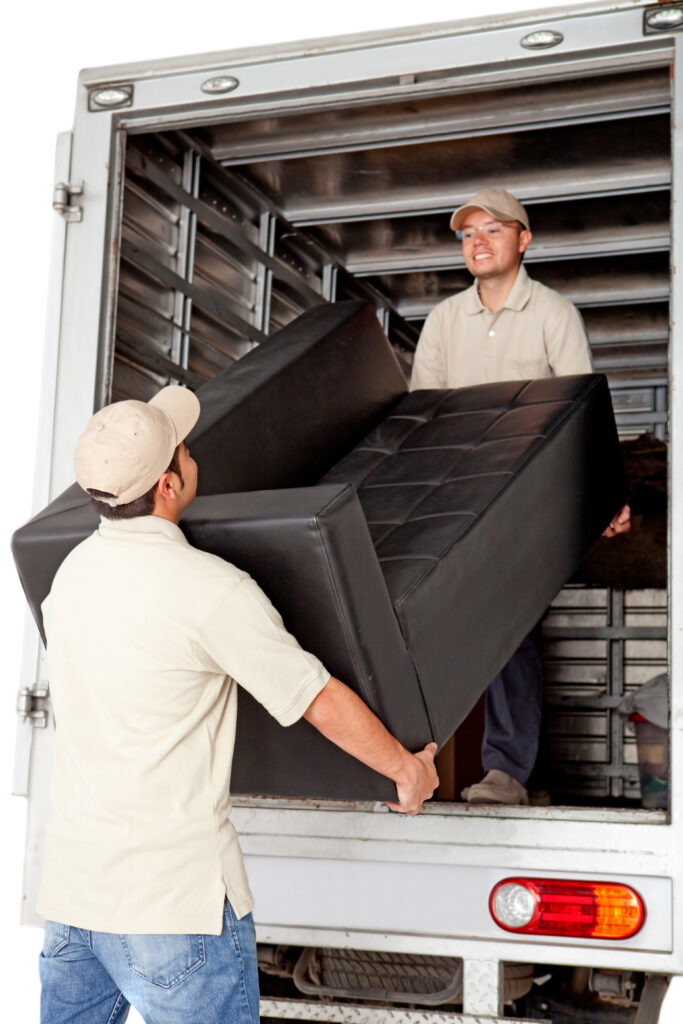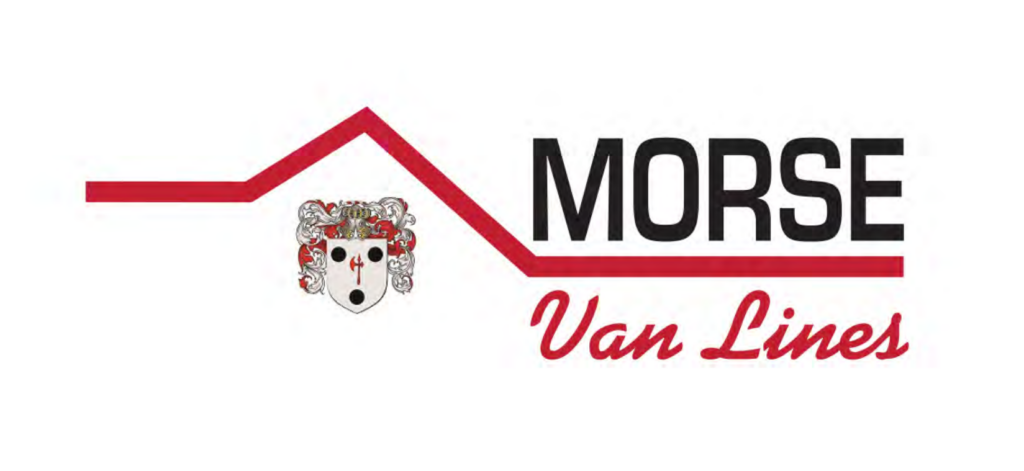Moving can be a stressful and physically demanding process, and professional movers play a crucial role in making it easier. Whether relocating across town or moving to a new state, hiring a moving company ensures that your belongings are transported safely and efficiently. But as the job gets done, many people wonder: do you tip moving companies?

Understanding Tipping Etiquette for Moving Companies
Tipping has long been a customary practice in service industries, and moving services are no exception. Movers handle heavy lifting, navigate tight spaces, and ensure the safe delivery of valuable and sentimental items. While tipping is not mandatory, it is a common way to show appreciation for their hard work.
The amount you tip often depends on several factors, including the complexity of the move, the level of service provided, and your budget. Understanding when and how to tip moving crews can help you navigate this aspect of the relocation process with confidence.

How Much Should You Tip Movers?
There is no strict rule for tipping movers, but general guidelines can help you determine an appropriate amount. Many people follow a per-mover or percentage-based tipping structure:
- Per-Mover Tipping Approach: A common recommendation is to tip each mover $4 to $5 per hour of work. For a half-day job (4 hours), this would amount to around $20 per mover, while a full-day move (8 hours) may warrant a tip of $40 per mover.
- Percentage-Based Tipping: Some prefer to tip based on the total cost of the move. A common standard is tipping 5% to 10% of the total moving bill, distributed among the crew members.
The tipping amount can vary based on the size and complexity of the move. For example, long-distance moves or those involving specialty items, such as pianos or antiques, may warrant higher tips due to the added effort and skill required.

When Should You Tip Movers?
Tipping movers is usually done at the end of the move, once all items are unloaded and placed in their designated areas. This ensures that you can assess the quality of service before determining the gratuity. If your move is spread over multiple days, such as for long-distance relocations, you may choose to tip at the end of each day.
If you are particularly satisfied with the service, you may also consider offering a tip midway through the move as a sign of appreciation, which may encourage continued high-quality service.
Situations Where You May Tip More
While tipping is discretionary, certain circumstances may justify offering a larger tip, including:
- Exceptional Service: If the movers go above and beyond—such as carefully handling fragile items, assembling furniture, or accommodating last-minute requests—a higher tip is a great way to show gratitude.
- Difficult Moving Conditions: If your move involves multiple flights of stairs, narrow hallways, or extreme weather conditions, movers put in extra effort to ensure safe transport, making a generous tip well deserved.
- Long-Distance Moves: Movers who handle loading and unloading over extended distances or multiple days often invest additional effort and care, which can merit a higher tip.

Alternative Ways to Show Appreciation
Tipping is not the only way to thank your moving crew. There are several other gestures that can make their job more comfortable and show your gratitude:
- Providing Refreshments: Offering water, sports drinks, or light snacks can help keep movers energized during the move.
- Offering a Meal: If your move takes an entire day, providing lunch, such as pizza or sandwiches, is a thoughtful way to show appreciation.
- Leaving a Positive Review: Writing a review on the company’s website or Google Business profile can be valuable for movers and the company alike.
When Not to Tip Movers
While tipping is customary, there are instances where you may choose not to tip:
- Poor Service: If movers are careless with your belongings, arrive late, or act unprofessionally, tipping may not be warranted.
- Hidden Fees or Overcharging: If the company adds unexpected charges or does not honor the agreed-upon pricing, you may feel less inclined to tip.
- Rude or Uncooperative Movers: Respectful and courteous behavior is expected, and movers who fail to provide basic customer service may not deserve an additional gratuity.

Conclusion
Tipping movers is a personal decision, but it remains a common practice to show appreciation for their hard work. While not obligatory, a reasonable tip acknowledges their efforts in making your move successful. If you are satisfied with the service provided, offering a fair tip, providing refreshments, or leaving a positive review can go a long way in expressing your gratitude.
For more moving tips and professional moving services, visit Morse Van Lines. For additional insights on moving etiquette, check out resources like the American Moving & Storage Association.





